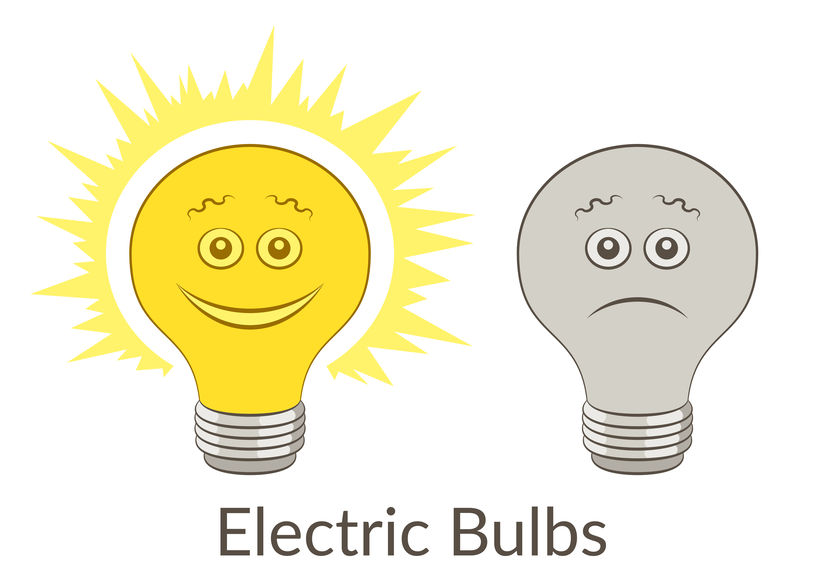At this time of year, do you intend to?

I’m sure you’ve heard the proverb “the road to hell is paved with good intentions”, and you probably know it has nothing to do with a road to hell or that the road is paved, but that, ‘hell’ (or Sir Hell) was paved with good intentions. This reminds me of the other more common word used, the ‘a round tuit’, (or the saying never getting around to it), referring to those who say they intend to do something and never do. This led me to wondering how many times your road been paved with good intentions or how many round tuits you might have and why have you never gotten around to doing things? Feeling – Thinking – Doing – let’s look at these individually. Feeling – We spend a great deal of time with our emotions feeling happy or sad or various other feelings of possibly empathy with others









